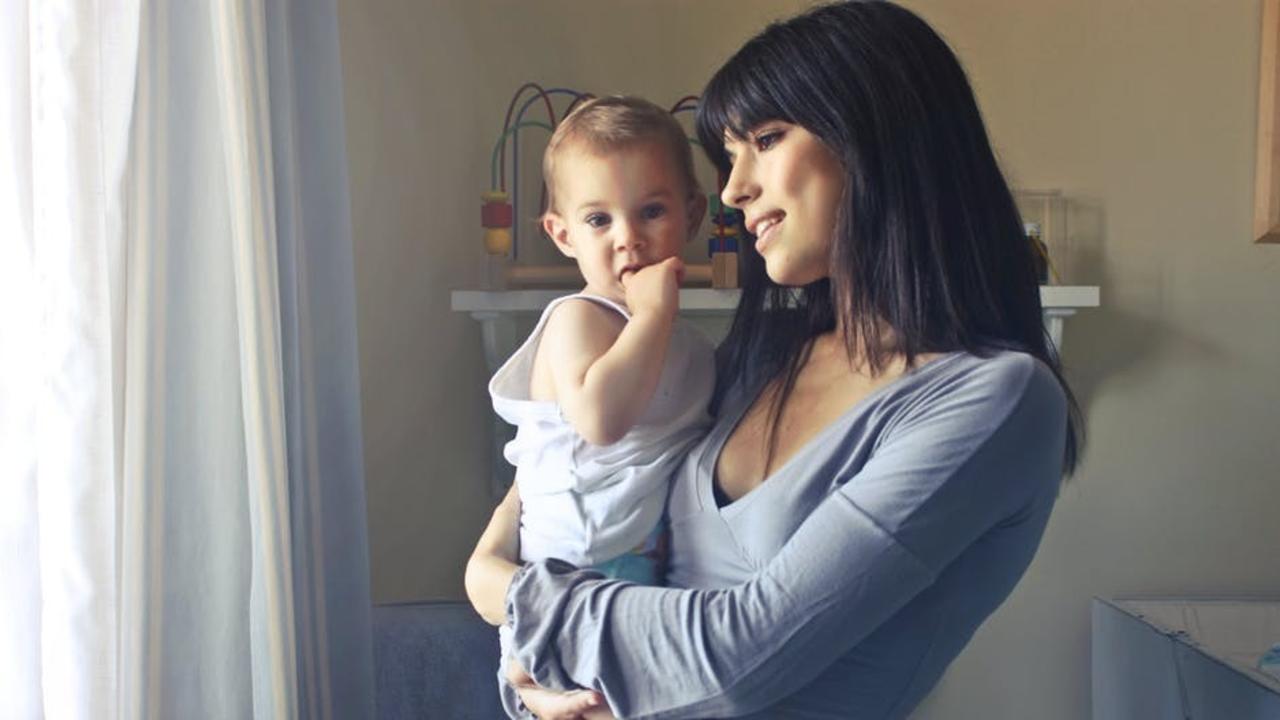How Can Sophrology Help Working Fathers?

During Men's Health Week (10 – 16 June in the UK), we read many of the excellent articles and personal stories shared by men. In our work at Thriving Talent, we hear daily how stress manifests itself when working fathers are trying to juggle personal and professional lives.
Working fathers often cite feelings of overwhelm, guilt, failure at work and at home and working 4 shifts: shift 1 being the morning pre-creche/school, shift 2 being at the office, shift 3 being back at home hopefully in time for children’s bedtime and shift 4 logging back on. None of which tends to leave space for taking care of oneself. Every time we run “New Fathers” workshops, men exchange on the challenges they face and how sports/friends/health/fun becomes a distant memory. As we remind them, if they don’t take care of themselves and have a ‘full battery’, they are unlikely to be the father/partner/professional they want to be.
Organisations are starting to recognise that to attract, retain and engage father...
Dad’s Don’t Babysit: A Challenge To Fathers

Parents around the world want to give their children a better life. David Freed and James Millar want their children to grow up in a more equal world, and they’ve written a book calling on fathers, mothers, employers and policymakers to join the cause.
Their new book “Dads Don’t Babysit: Toward Equal Parenting” is a powerful read about parenting and fatherhood. It presents a vision of fully-engaged dads (and moms!) thriving in today’s working world. The key to transforming that vision into a reality? More men need to take shared parental leave.
Parental Leave & the “Family Hat Trick”
The central argument of this book is that shared parental leave gives men time and space to become equal parents. This isn’t opinion; it’s rooted in evidence-based research and complimented by real-life anecdotes, interviews, and the authors’ own personal experience of fatherhood in Britain. Specifically, the book identifies a “the family hat trick” of benefits created by parental leave: healthier an...
It’s A No Brainer: The Power Of Flexible Parental Leave

Paid parental leave is essential for children, important for families, and good for business. Parental support from the organisations they work for is something that prospective parents want, because they know intuitively that spending more time with each other and with their newborn is going to be the best thing for their family. For all concerned, flexible paid extended and shared parental leave is a no-brainer. Here’s why...
Benefits For The Company
From a business perspective, it’s logical that improving the happiness and mental health of your staff increases productivity and helps you to retain your best talent. In many organisations, family leave worth the investmnt as they see an increase in engagement, productivity and talent retention. hen Google extended its paid maternity leave from 12 to 18 weeks, it saw a 50% increase in employee retention among women who had babies.
In contrast, insensitivity and lack of “civil organisational behaviour” - such as showing little supp...
What Do Professional Fathers Need?

June is a month which holds much focus for fathers. Several countries celebrate Father’s Day and it is also the month for International Men’s Health Week (June 11-17), celebrated annually to promote and honour the importance of the health and wellness of boys and men.
It seems an ideal month therefore, to take a step back to look at the evolving role of fathers and highlight again what is required to close the gap, to meet their needs in the workplace. So, what has driven the evolution of the role of a father?
There are many views. Some say that millennial men & generations following are different because they grew up with different expectations and role models, often where both parents worked. Others put it down to the reforms to support for working mothers which have accelerated from the 1970s onwards, as a result of many campaigns lobbying for change in the workplace. Others say fathers who now have daughters in the workplace witness their world and it’s enough to evoke change - ...
Can you achieve a successful work-life balance as a single working parent?

Whatever your reason for being a single parent, raising children alone comes with its challenges as well as its rewards. Add to that the responsibility of being a working parent, and things can get even more difficult.
Between work, meals, emails, bath time and bed, it’s easy to lose yourself as you move from one thing to the next. But it really is possible to meet your many responsibilities and achieve a life of enjoyment and fulfilment for you and your children as a single working parent.
Firstly, you’ll need to let go of any guilt you may be harbouring. As parents, we all worry about the start in life we are giving our children. There’s plenty of proof that single working parents can raise raise happy, well-balanced and confident children. When it comes to parents, it’s about quality over quantity!
Keep these tips in minds to help you stay focused on your happiness, health, and the special life you and your child share...
ASK FOR HELP
Don't be afraid to ask for help. You do so...
When The Reality Of Parenthood Hits: A Guide To The Early Days

Nothing can prepare you for the realities of parenthood. In the early days, it’s crucial that you look after yourself and lean on those closest to you for support.
You have probably spent the last 40 weeks preparing for the birth, acquiring all the baby paraphernalia, and organising your maternity and paternity leave. Most people are not prepared for what has been termed “The Fourth Trimester” and even if you know what’s coming, it can still be a shock.
Your baby will not want to be put down. He or she will be waking regularly during the night and feeding constantly around the clock. Everyday tasks will become almost impossible. You will be worrying about whether your baby is putting on enough weight, or getting enough skin-to-skin, and even checking they are still breathing at regular intervals! On top of all that, friends and family will be wanting to come and meet your new bundle of joy.
Particularly for new mothers, it may be difficult to accept help at first. Try to remember th...
How To Juggle Fatherhood And Professional Aspirations

Accompanying the transition to parenthood requires a change in assumptions, beliefs, behaviour and motivations on the part of the parents concerned.
For a woman, it is probably one of the most challenging and exciting transitions; amplified by a great deal of mental and physical changes and unknowns, with associated fears; especially with the 1st child.
Fathers however, are often overlooked during this transition period; despite their conflicting desires to spend more time with family, whilst upholding professional aspirations. So this blog addresses how Fathers can better balance parenthood and professional work.
I remember when my first daughter was several months old, my Mother commented about my husband:
“John is good. He is often home to do the bath and bedtime routine and is a very hands-on Dad.”
My Mother’s comments highlighted the changes just between our generation; her perception that John was “good” and our perception that John wouldn’t have had it any other way – he wan...

